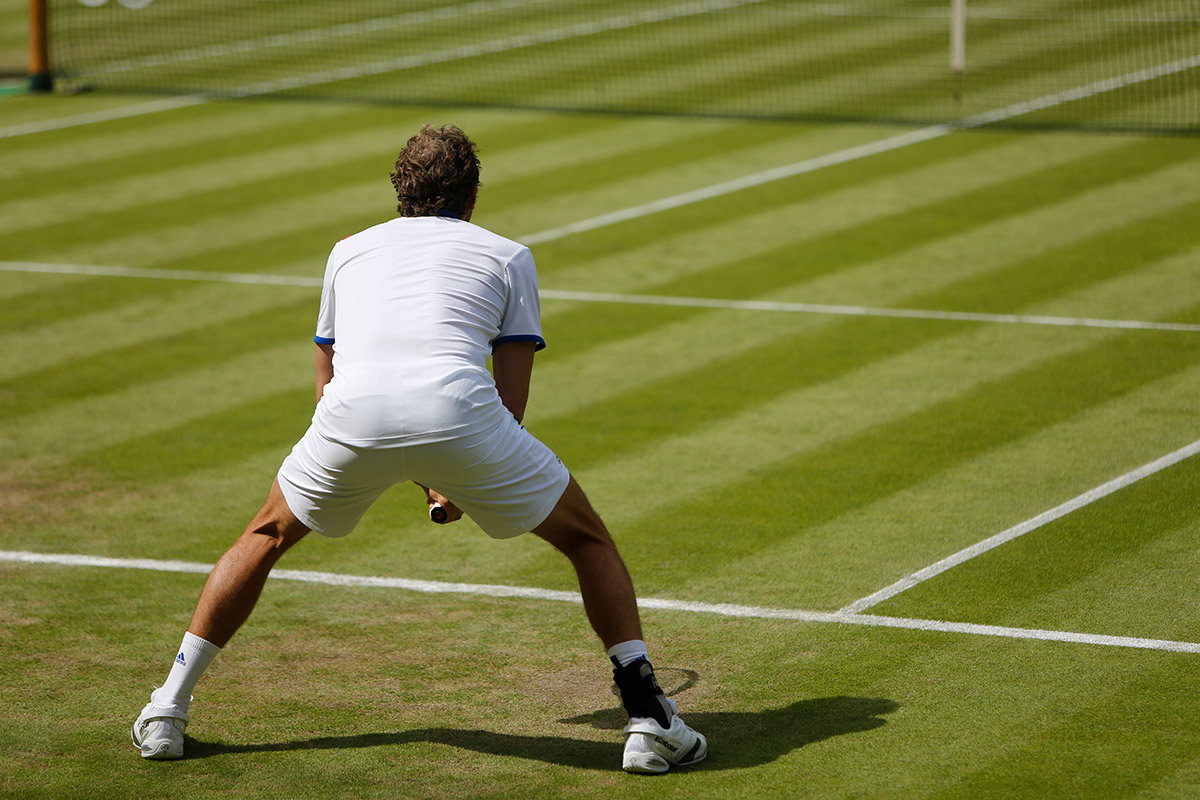A sport psychologist’s guide for getting active, and staying active
With a packed summer of sport ahead, there’s plenty to watch, celebrate and be inspired by. From the high-stakes drama of Wimbledon and the Tour de France to the excitement of the Women’s Euros and the Rugby World Cup, elite competition is everywhere, and it’s the perfect time to feel motivated to move.

Whether you're watching from a sunlit garden or a bustling pub, these events often spark the urge to get active. But translating that initial motivation into lasting change is another challenge entirely. In this article, Dr Karen Howells, Senior Lecturer in Sport and Exercise Psychology at Cardiff Metropolitan University, shares four evidence-based strategies to help you get started, and keep going.
Hot on the heels of the drama of the final stages of the Giro d’Italia and the French Open, this summer promises a wealth of top-tier sport: the Tour de France, Wimbledon, the Women’s Football Euros, and the Rugby World Cup; there will be no shortage of action to enjoy. During British summertime, many will watch these events on their patio or at the local pub (weather permitting!), others will be inspired to get active, dust off the bike, pick up a tennis racket, or head to the local park for a kickabout.
Global sporting events inspire us, with television coverage motivating viewers to get active. A recent YouGov poll, conducted after the Paris 2024 Olympic Games, found that over a quarter of British adults believed they could qualify for the 2028 Games with the right training. Notably, 15% thought they could “definitely or probably” make it onto the 10m air rifle team. This (unrealistic) optimism reflects the motivational power of sport, as well as highlighting a widely held underestimation of what performing at a high-level entails.
Nevertheless, if you are among those feeling motivated, here are four evidence-based strategies for getting active and staying active:
1. Focus on process and performance, not just outcomes
Goal setting is an effective psychological strategy used by athletes at all levels. However, outcome goals (e.g., winning or achieving a ranking position) depend on external factors, such as the ability and performance of others. As such, sport psychologists argue performance goals (such as running 5km or improving serving statistics) and process goals (such as technical form or posture) are often more useful for both elite and recreational athletes. These provide clear, and importantly, controllable benchmarks for progress and help sustain motivation over time.
2. Harness social support
Support from others – sport psychologists call this “social support” – plays a crucial role in establishing and maintaining physical activity and engagement in sport. This might mean joining a local sports club, scheduling regular exercise with a friend, or simply being part of a community with shared goals. Research consistently shows that social connection improves adherence, enjoyment and resilience.
3. Prioritise enjoyment
Long-term participation in sport and exercise is strongly linked to intrinsic motivation. Intrinsic motivation involves engaging in activities because they are enjoyable, not because it is expected or rewarded. Finding an activity that is ‘fun’ is more likely to have a long-term impact that engaging in an activity because it is perceived ‘you should’.
4. Recognise and celebrate success
Success is not limited to podiums, winning, or medals. Completing a first 5km, improving technique, or showing consistency are all achievements that we should celebrate. Acknowledging progress, irrespective of however incremental, reinforces commitment and helps build confidence.
The takeaway
Large sporting events can inspire, but lasting engagement comes from realistic goals, supportive environments, and activities that bring genuine enjoyment. You may never play at Wimbledon, ride up Col du Tourmalet, or compete on the world stage – few of us do – but starting and continuing an active lifestyle is a success in its own right.